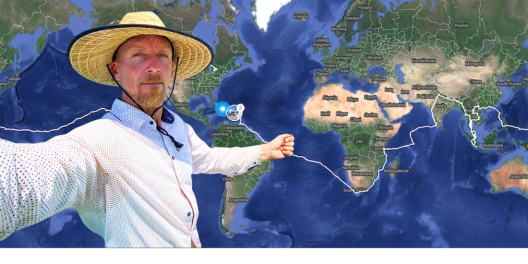Mount Washington is set to open this Friday at a time when the ski resort is facing an unprecedented water shortage.
The snowpack in the upper watershed is dangerously low and this fall has been a record-breaker for lack of rainfall. That means the springs that produce Mount Washington’s potable water have been reduced to a trickle.
“Expecting an increase in visitors to the mountain as our winter season and the holidays approach, there are concerns about potential water shortages, and as such proactive measures are required by all members of the community and those visiting to conserve our current water supply,” said a statement from Mount Washington posted to its website on December 2nd.
So the resort is taking some drastic measures to conserve water. The plan is to shut off water refill stations and sell bottled water instead, use disposable plates and cutlery, and add outside porta-potties to reduce indoor toilet use.
Yep, that means folks will be doing numbers one and two in the porta-johns as much as possible.
Overnight guests are being asked to bring their own bottled water, take short showers, minimize toilet flushing, and recycle unused water.
Although the resort plans to have a backup water supply for emergency use, management says guests and property owners should expect a boil water advisory if shortages persist.
In early October, BC Hydro warned that this lengthy drought was hitting its VanIsle operations particularly hard.
“Campbell River, for example, broke a 53-year-old record for the month of September with the lowest inflows,” according to a statement on its website.
Snowstorms in late November and early December helped the situation a little. But they didn’t deliver nearly enough rain or snow to make a big difference. Part of the problem is that most of this precipitation falling now will be locked up in the mountain snowpack. That’s great for skiing, but it won’t melt into lakes and reservoirs until spring.
The long summer drought that extended into the fall has been made worse by an exceptionally dry November. In a recent tweet, Stephen Watson, BC Hydro’s communications lead for Vancouver Island, said precipitation at 26% of normal in the Ash River and Puntledge River watersheds made it the driest November on record for this area.
The Campbell River watershed, at 36% of normal, experienced its 2nd driest November since BC Hydro started keeping records. The season as a whole has also been a record-breaker.
This fall season (Sept 23 to date) has been record breaking for the #CampbellRiver system.
— Stephen Watson, BC Hydro (@SWatson_BCH) December 7, 2022
Lowest precipitation on record (41 years) at 41% of normal or 313 mm, with 761 being average. Same period in 2021, 1072 mm!
Record (53 years) low reservoir water inflows of 28% of normal pic.twitter.com/RqrC7R2IMI












